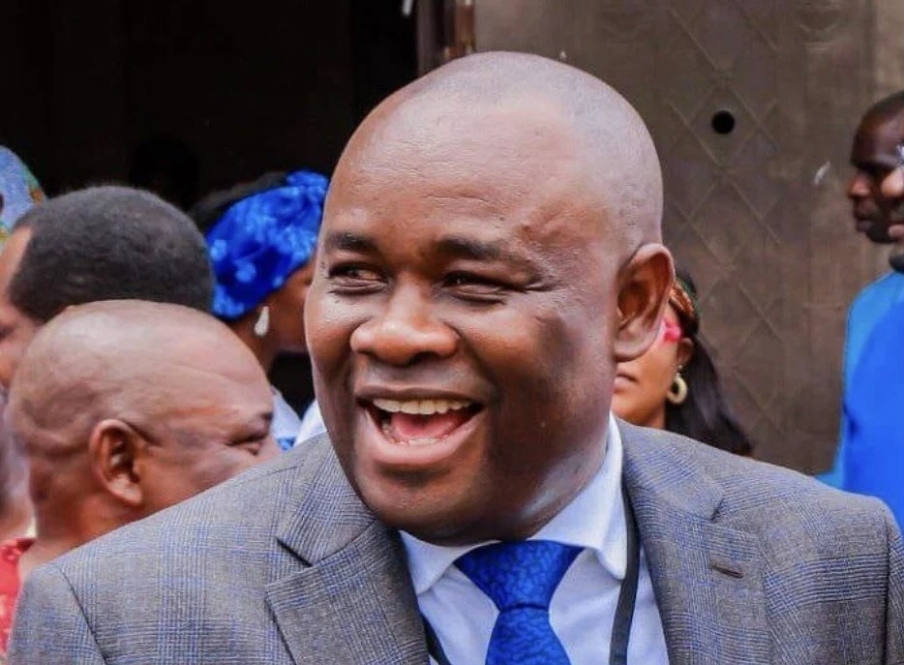In a bid to make the informal sector contribute to building a modern society, the Federal Inland Revenue Service (FIRS) has proposed the introduction of Road Infrastructure tax in Nigeria.
The agency said the proposed Road Infrastructure tax to be administered by FIRS will provide government with adequate funding for road construction, rehabilitation, and maintenance, as well as providing the needed security for roads in the country.
The Executive Chairman of FIRS, Mr Muhammad Mamman Nami, disclosed this on Thursday while receiving a delegation of the Nigeria Union of Journalists (NUJ) led by its National President, Mr Christian Isiguzo, in Abuja.
According to the FIRS boss, in many jurisdictions, road users pay for the use of road infrastructure.
Noting that Nigeria’s economy currently relies heavily on non-oil revenues to discharge its statutory responsibility of paying salaries and providing social amenities to the citizenry, Nami said:
“Without the tax that you pay, governments at all levels would not be able to fulfil their mandate to the electorate.
On the challenges facing FIRS in delivering on its mandate, he said: “Crude oil production has been limited by OPEC quota. Nigerian OPEC quota as at July 2021 was about 1.5mbpd as against its crude oil production budget of 1.8mbpd.
“This is a shortfall of 300,000 barrels per day. Our average daily crude oil production is around 1.250mbpd as against the allocated 1.5mbpd OPEC quota which has resulted in a shortfall of almost 250,000 barrels per day mainly caused by crude oil theft and force majeure declared by some of the IOCs.
“The total shortfall to FGN budgeted production is about 550,000 barrel per day.
“Huge losses brought forward and un-recouped capital allowances reported by most of the companies due to production shut in and the fall in oil price in 2020 as a result of the Covid-19 pandemic which reduced their revenue.”
He said with challenges in the oil and gas sector, reforms have been carried out by the agency with visible impact on the economy such as the deployment of technology in tax administration to improve domestic revenue mobilization in view of dwindling oil prices.
Nami disclosed that FIRS created 10 Value Added Tax, VAT, Regional Coordination Offices across the country to drive collection of VAT.
“We have commenced usage of VAT Form 002A for enrolment and tracking of branch offices of major VAT payers. This will certainly improve our VAT collection and capacity.
“The Service successfully facilitated both the mock and external audits for the ISO 27001:2013 certification of the Exchange of Information (EOI) centre, to meet international information security management standards,” the FIRS boss explained.
Earlier, the NUJ National President, Isiguzo, said the visit of the union was part of efforts to engage critical institutions as a key stakeholder in charting a way forward for the country’s collective good.
He described FIRS as a vital institution in the country which requires “all the support it needs especially at a time when the country is security-challenged, adversely affected by Covid-19 and faced with FOREX crisis as well as political intrigues from different parts of the nation.”
“Of interest to the Union is your digital technology solution, TaxPro-Max.
“The numbers show that it has assisted in boosting efficiency in tax administration and collection rates across the country.
“However, with your recent admission that only about 44 million out of a possible 100 million plus pay tax, it makes it urgent for a robust integrated media campaign to get more Nigerians into the tax net. This the NUJ is willing to spearhead,” Isiguzo said.























Leave a comment